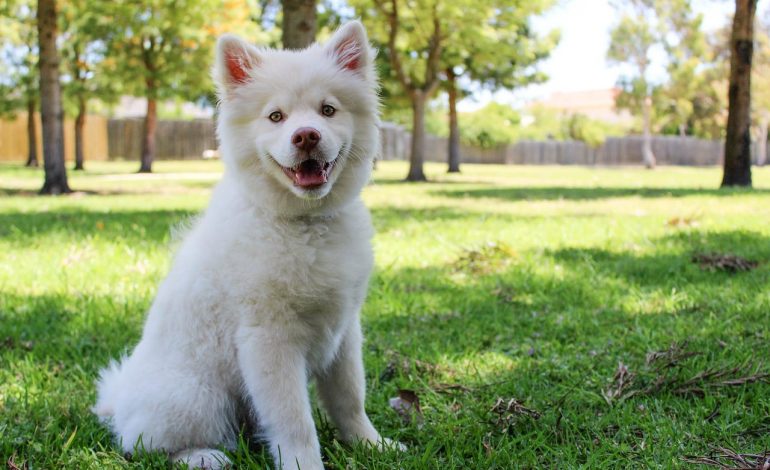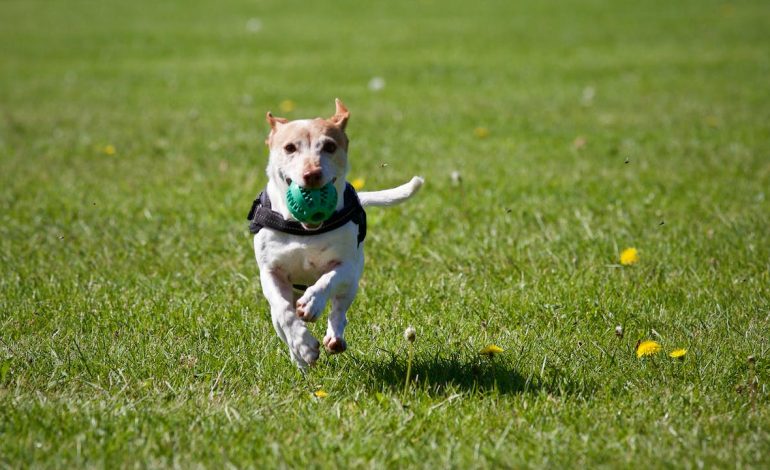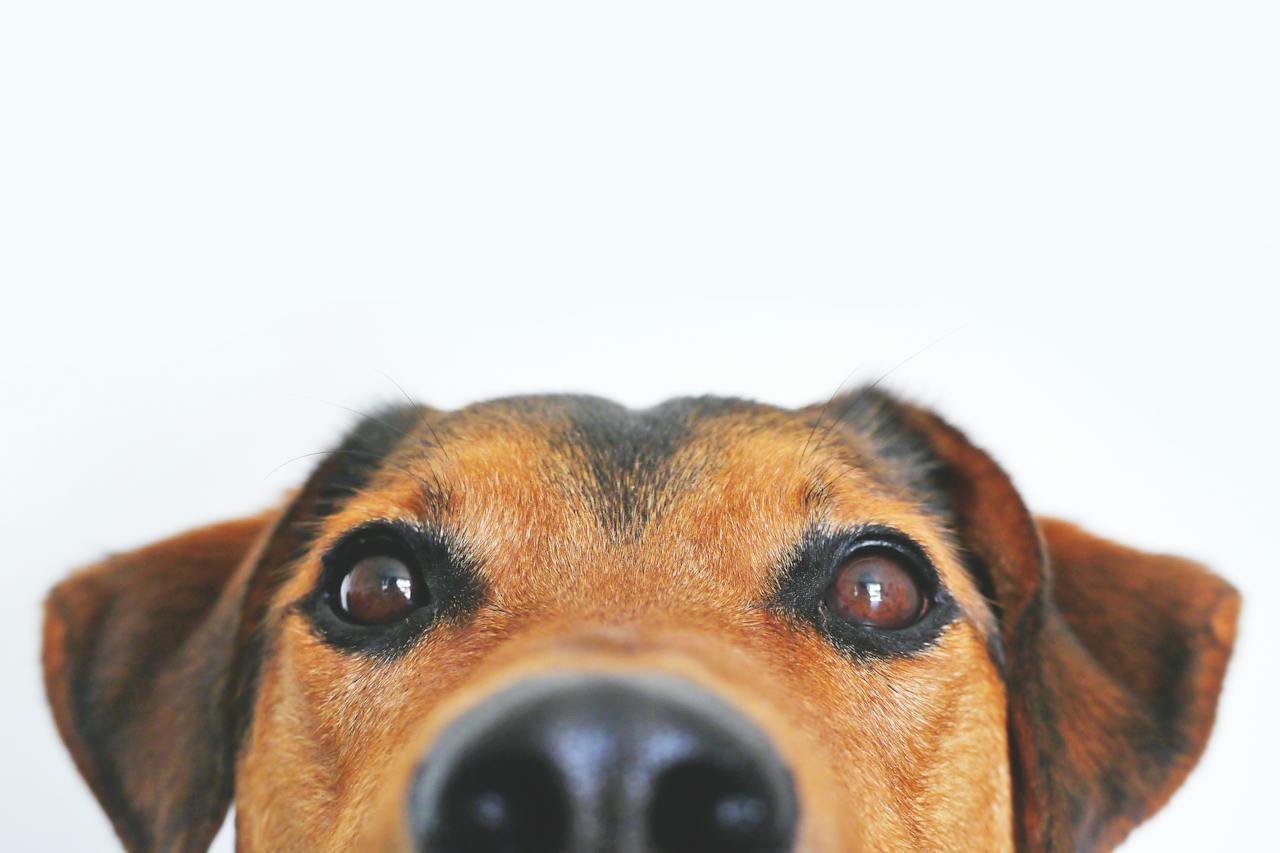Helping Your Dog through Grief and Depression

I recently received a letter from a reader about her grief-stricken dog. Her senior pooch had lived an entire life with a recently departed mother and wasn’t handling the loss well. She shared that her dog was becoming increasingly depressed and despondent. The writer didn’t know what to do and wanted to know if there was anything that might ease her pet’s pain.
This is a sadly familiar scenario for most seasoned veterinarians. I’ve had to hospitalize dogs that refused to eat or drink following the loss of a human pet parent. I’ve treated many pets for depression and witnessed many more that die shortly after their human, the result of a quite-literally broken heart. Grief is real for dogs and cats and I personally suspect it exists in horses and other species, as well. Unfortunately, there is no treatment to instantly take away a grieving pet’s ache, but there are a few steps a pet parent can take to comfort a crying soul.
The power of time for grieving dogs
Without a doubt, time helps heal a wounded heart. Ask anyone who has lost a close family member (including me) and they’ll likely tell you that while you may never fully recover, the passage of time makes the loss more bearable. In my clinical experience, the same is true for our pets. The first two weeks seem to be the worst. Searching and sniffing the house and yard for the recently departed is common. Many dogs will pant, pace, drool, and whine almost incessantly or without provocation. Some pets will refuse food and water for several days following death of a human or animal family member. They may sleep more, hide in unusual places, and refuse to play. It’s agonizing to watch a pet go through this normal phase of healing.
Stress-relieving activities and exercise for grieving dogs
The best thing you can do is be there. Take extra walks, spend additional time cuddling on the couch, snuggle a little longer in the bed. Offer favored treats and food, visit a different park or hike a new trail. Exercise is the best antidepressant and stress reliever for both humans and animals. If the symptoms persist beyond two weeks or fail to lessen, your pet is probably becoming clinically depressed and needs veterinary assistance.
Treating depression in grieving dogs
Dogs and cats may develop a form of depression following any loss. My best advice is don’t wait too long before seeking professional help. If you’re increasingly uncomfortable with your pet’s attitude and behavior after two weeks, see your veterinarian. Veterinarians have many medications that can help your dog cope with loss. I’ve prescribed various anti-depressants along with plenty of exercise with successful outcomes. I also recommend pheromones, L-theanine, colostrum calming complex, melatonin, and Bach flower essences for grieving dogs. Most pets can be successfully treated with a combination of natural remedies, prescription medications, and plenty of low-impact aerobic exercise. I’ve found that after one to two months of therapy, the majority of patients can begin resuming normal activities. I think they still long for their lost loved one, but they’re better able to cope with daily life.
It might be more than grief
My biggest concern for grieving pets is something called decompensation. Many pets with intense human-animal bonds are older, placing them at risk for undiagnosed, underlying age-related disorders. The stress and anxiety associated with depression can push a borderline failing organ system over the edge and into life-threatening crisis. I’ve diagnosed too many older pets with heart failure, kidney disease, high blood pressure, and more a month or two after experiencing a loss. I attribute it to the effects of chronic stress. Even if your dog isn’t showing severe signs of grief and depression, if he’s not back to (nearly) normal within a couple of weeks, have your veterinarian check things out. A few simple blood and urine tests and a thorough physical exam can uncover any emerging condition before it’s too late.
Adopting a New Pet?
This may be controversial and it’s a highly personal decision, but I don’t typically advise replacing a deceased human pet parent with a new pet, particularly for a grieving dog or cat. The reason is I believe the bond between human and animal is different than between two animals. If adopting a new pet will help ease the grief of the human family member, I say go for it. If you’re asking me if I think a new dog will ease the grief of an existing pet, I’m not so sure. In my clinical experience, once the family has overcome the initial stages of grief and is healing, that’s a better time to consider pet adoption. Of course, you know your family better than me or any veterinarian, so the decision is up to you. I’ll support you no matter what.
Grief Hurts Everybody
Grief affects the entire human and animal family. Healing takes time and effort, and some pets (and people) may benefit from medical treatment. Overcoming grief isn’t something you “tough out;” it’s something you try to survive. It’s not weak or abnormal if you or your pet needs help. Grieving is natural, normal, and it hurts. Don’t delay talking to your veterinarian after losing a human family member. Ultimately, our shared goal is to restore health and happiness to our animal companions. And take solace from someone who’s been there: It gets better. Maybe not as quickly as you’d like, but it does.












